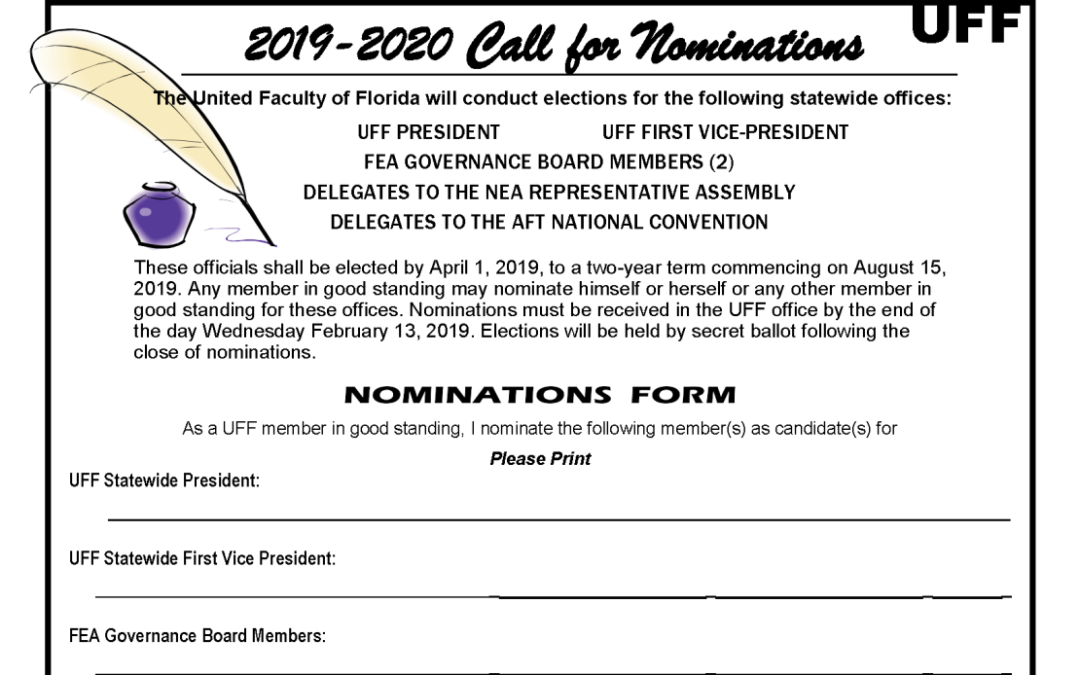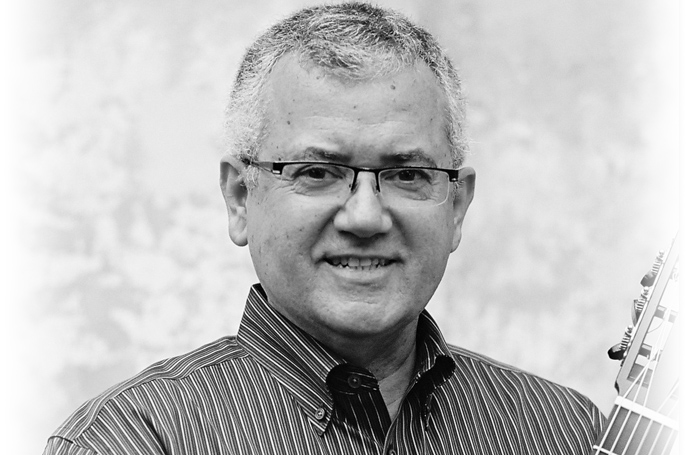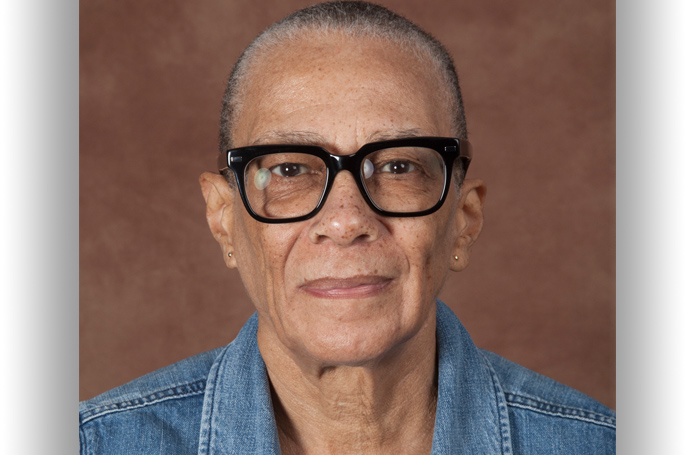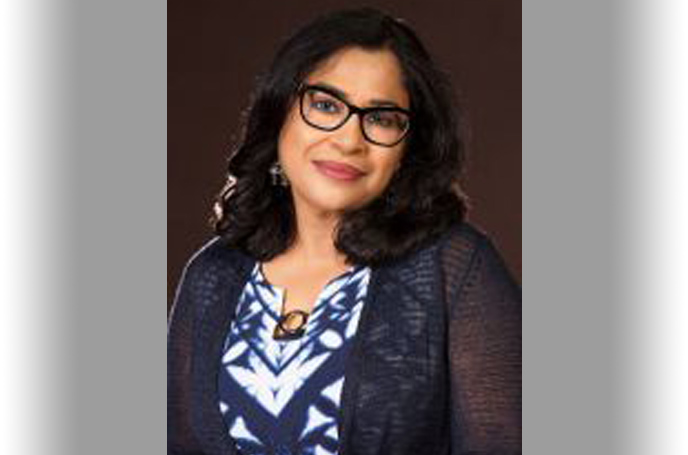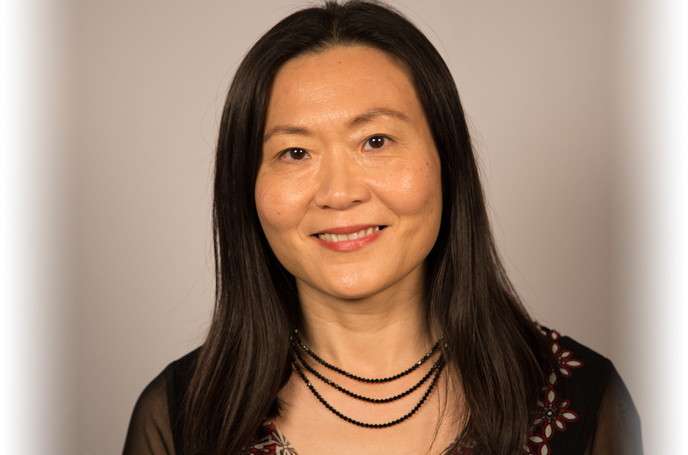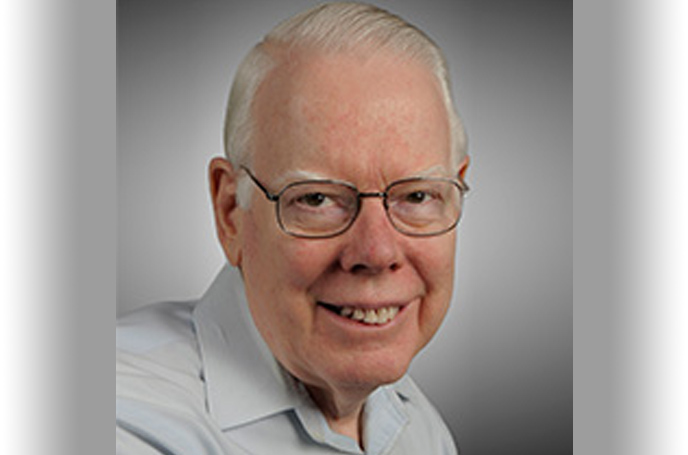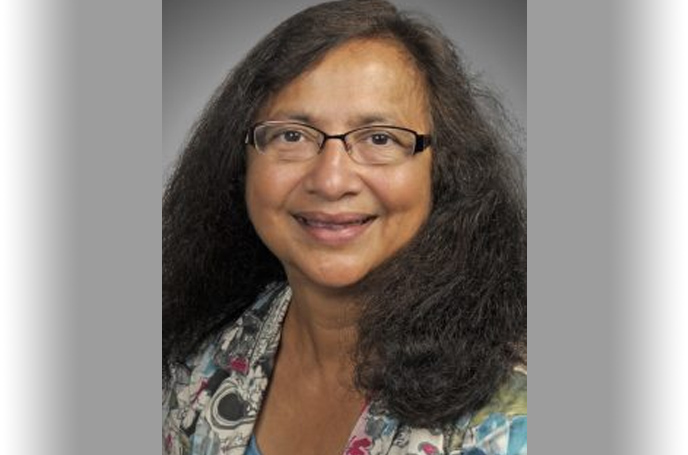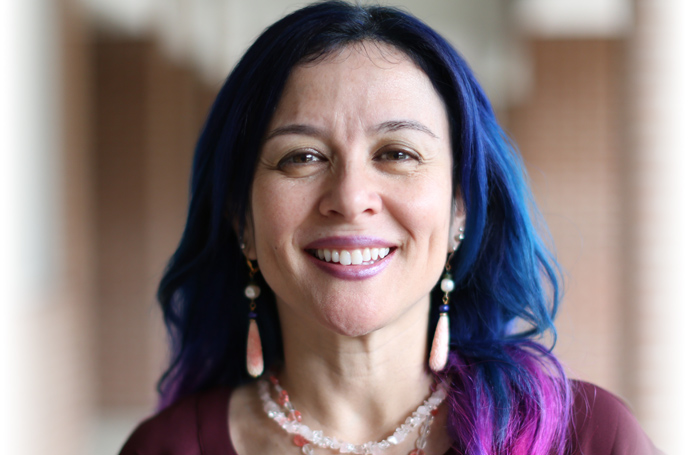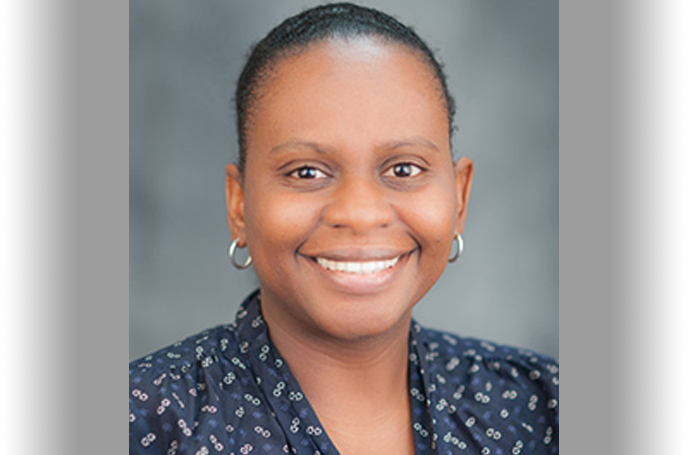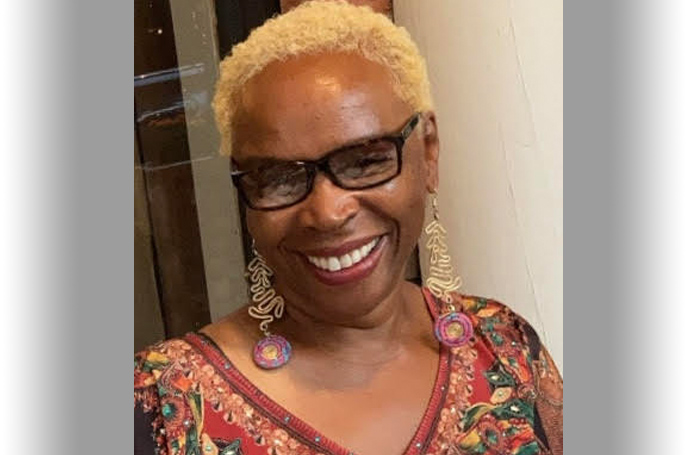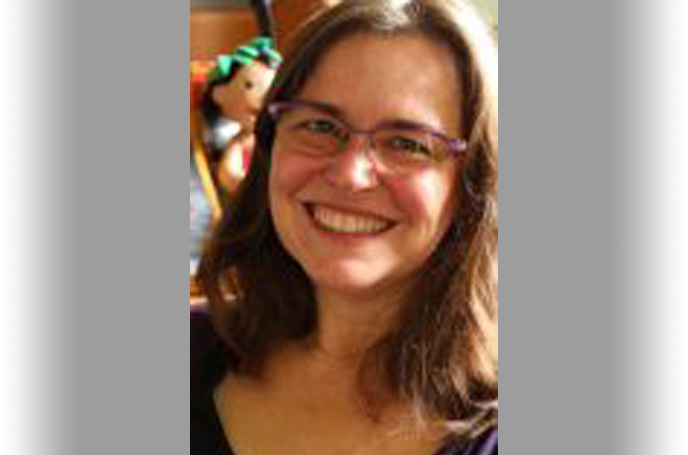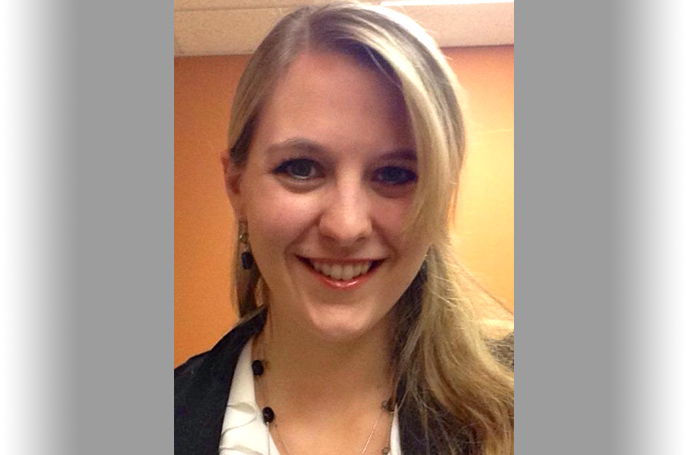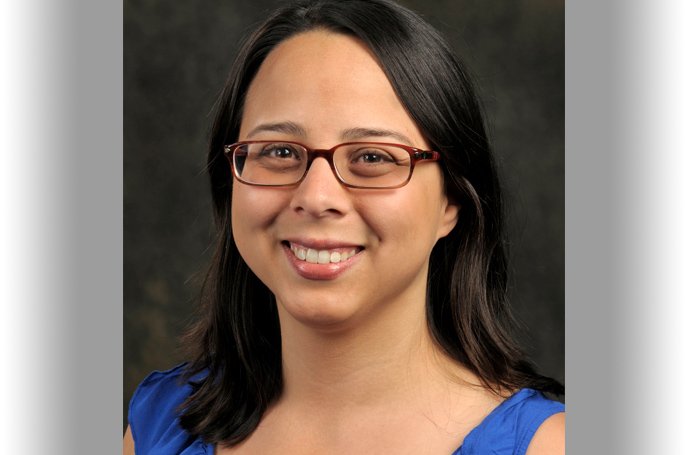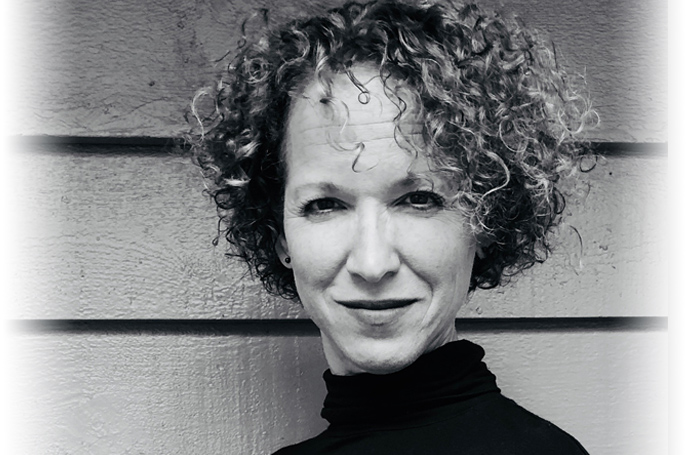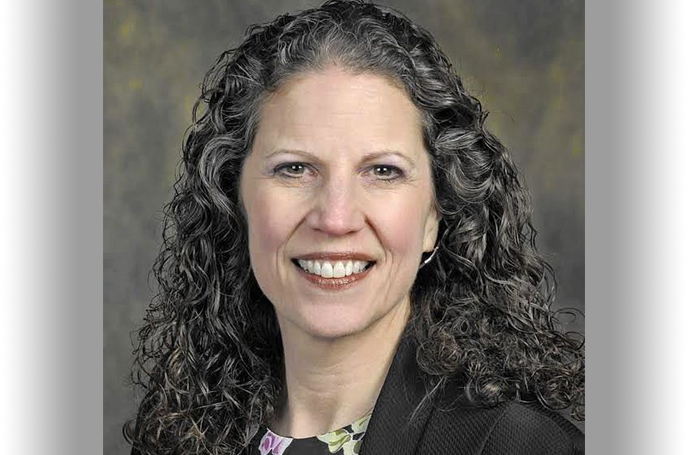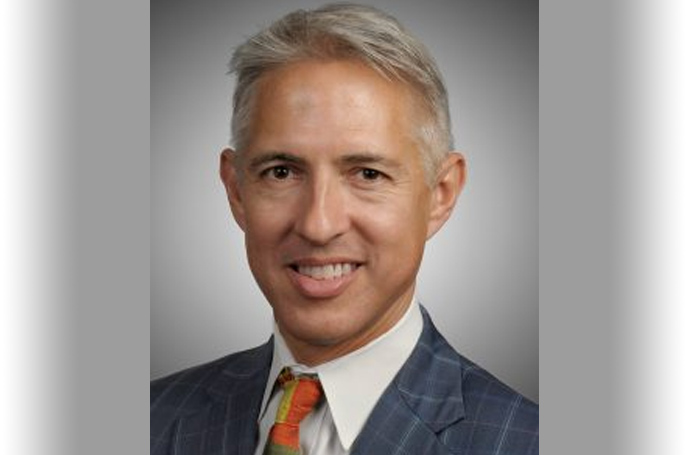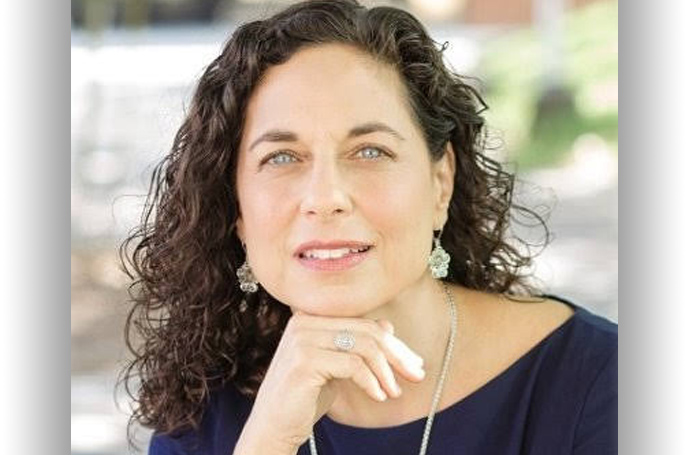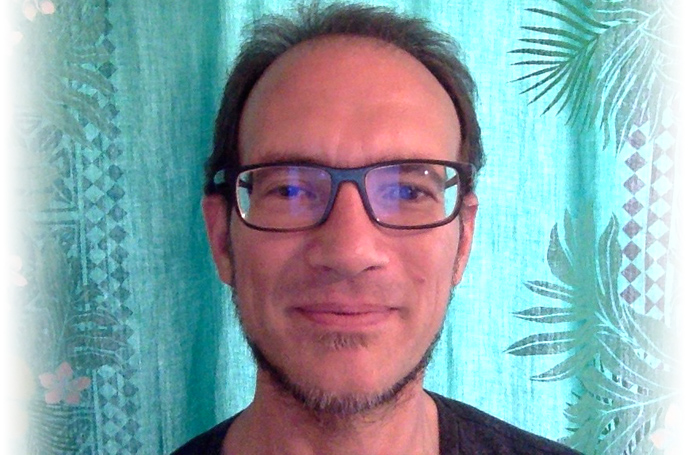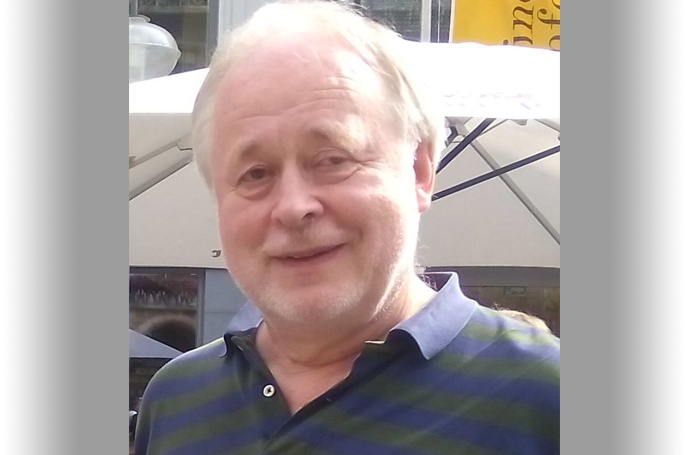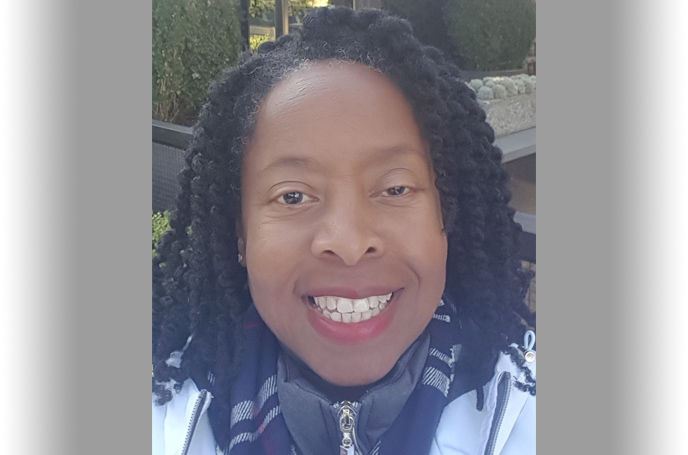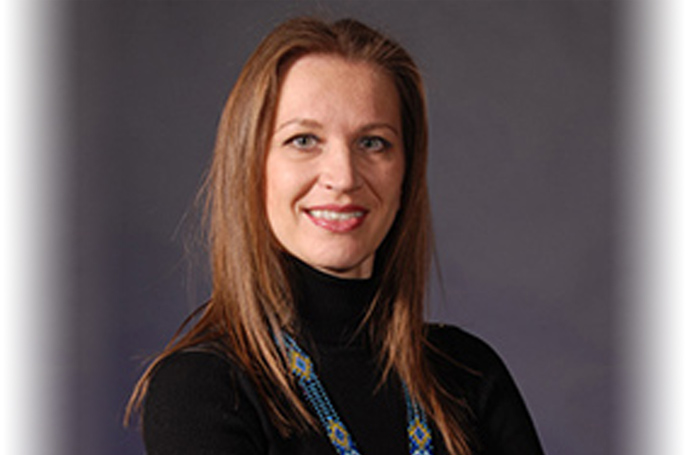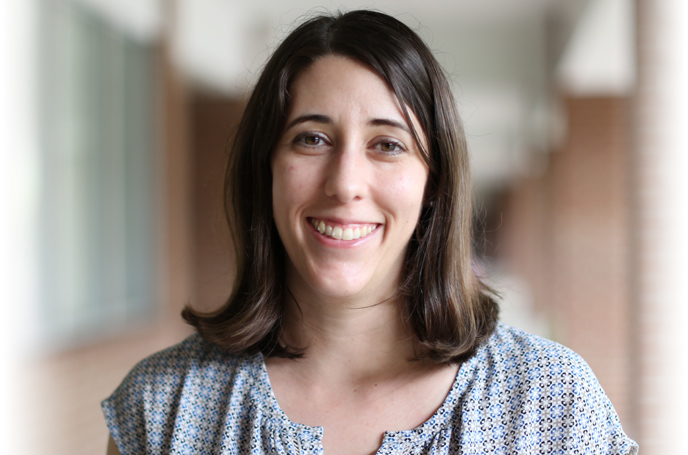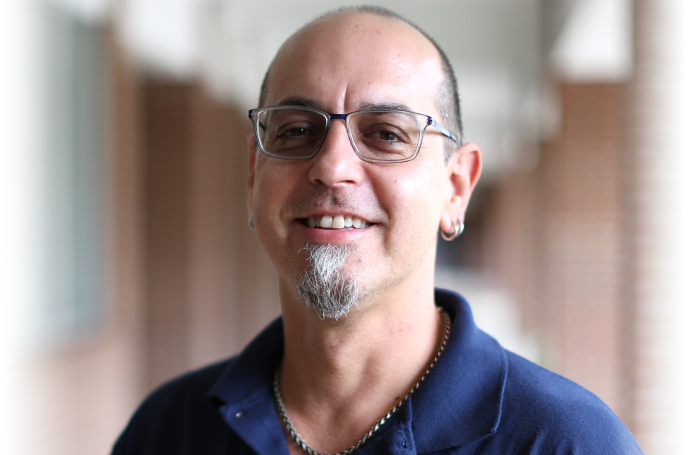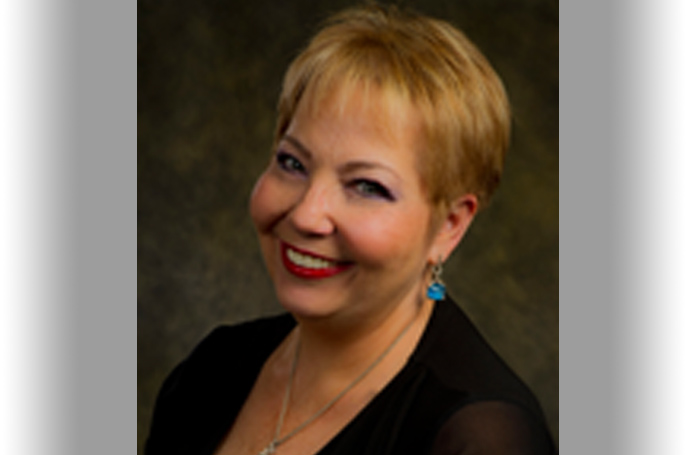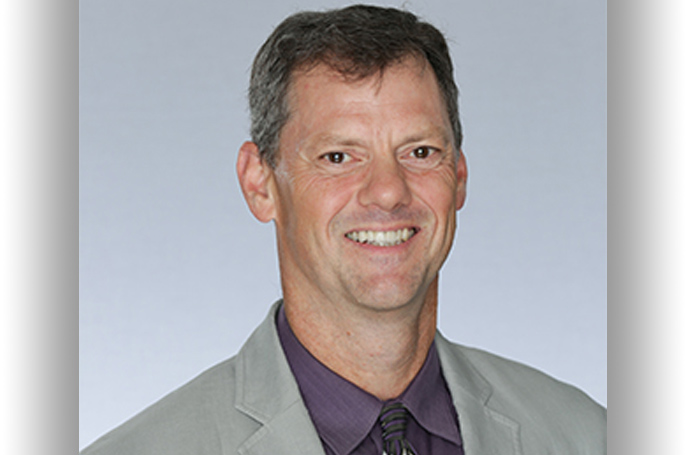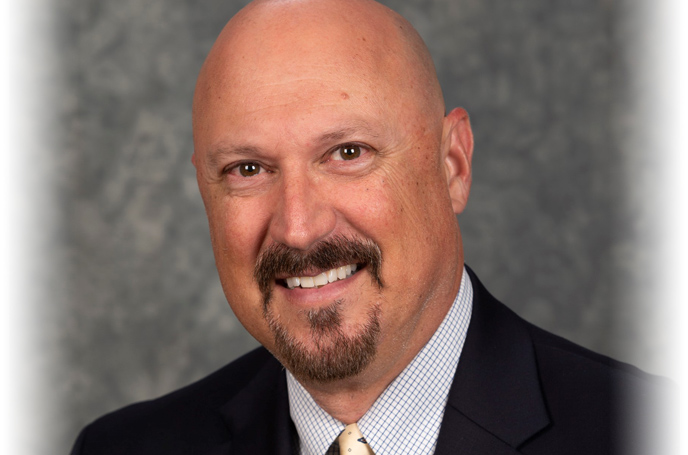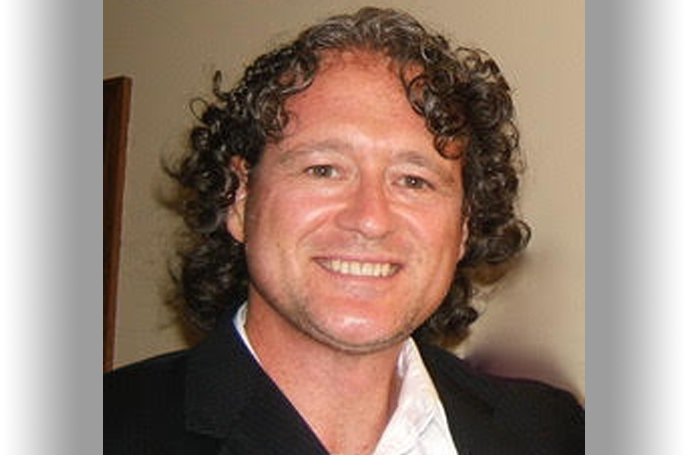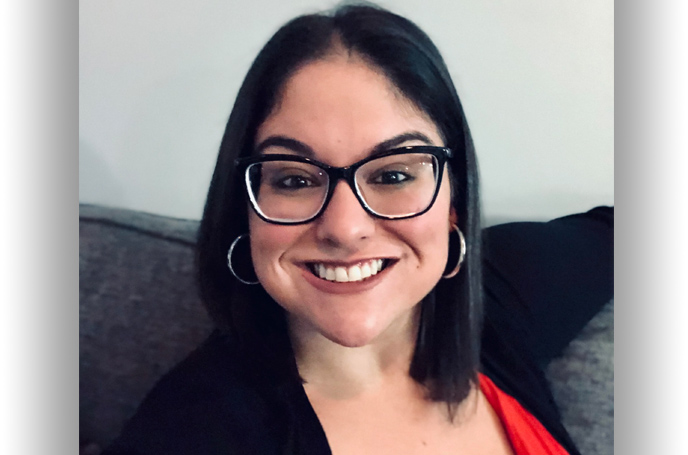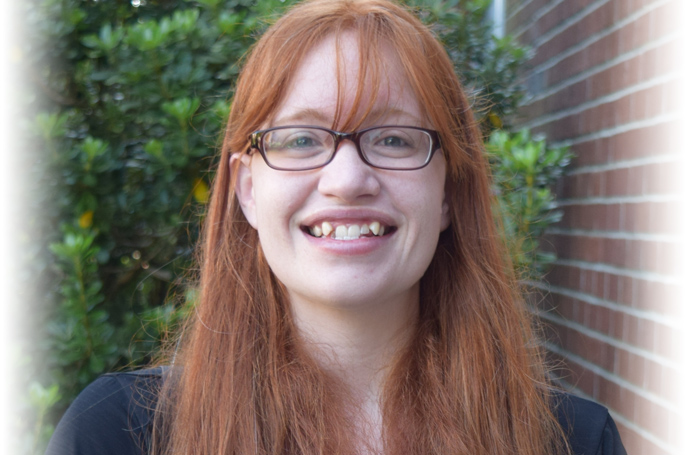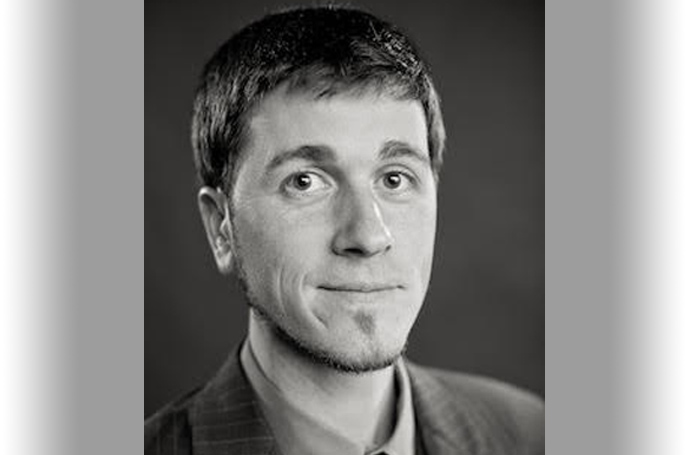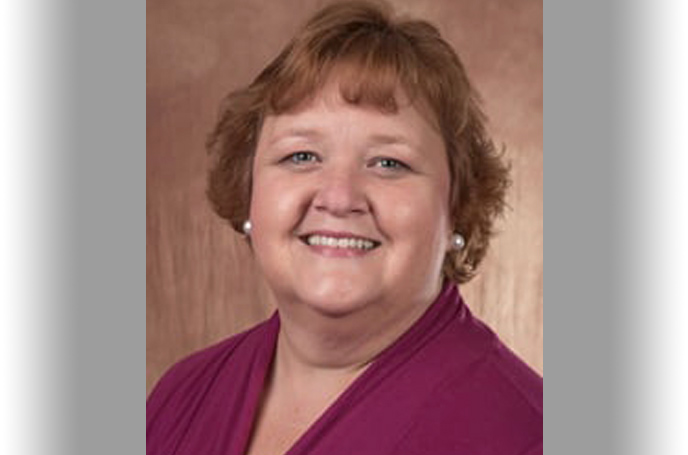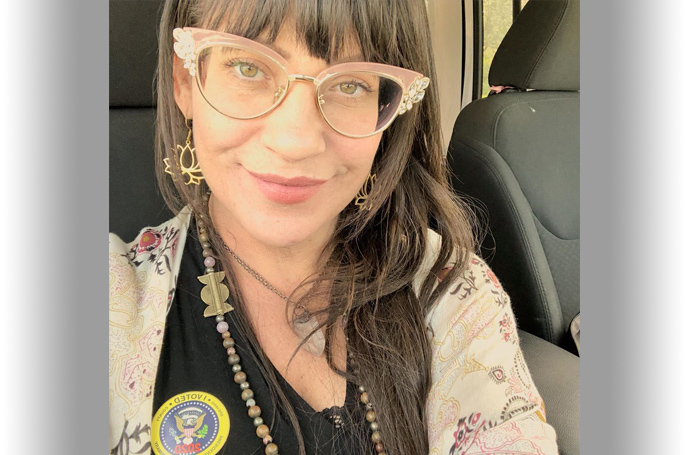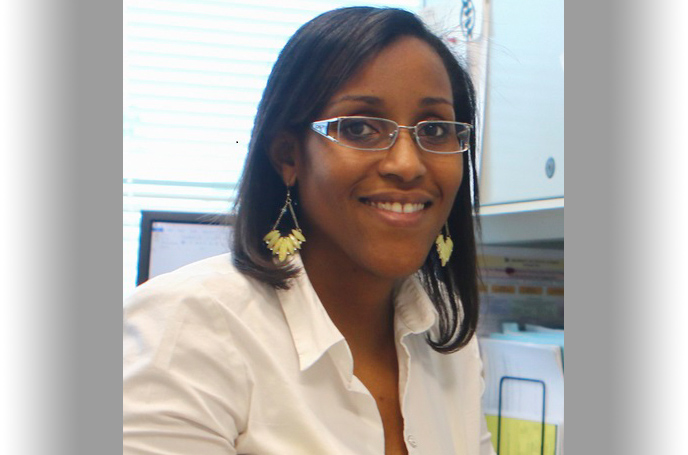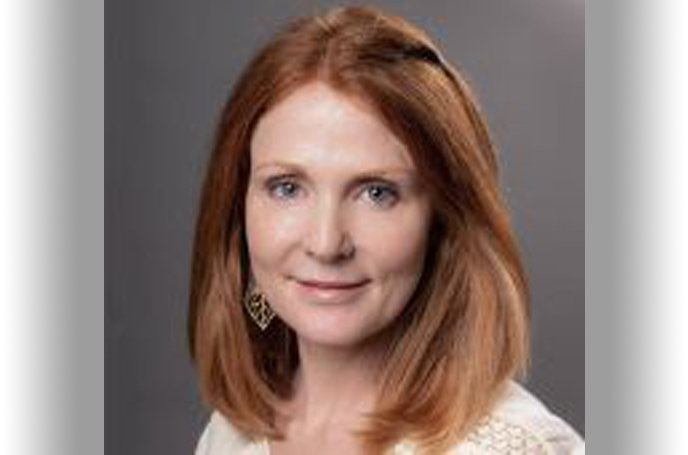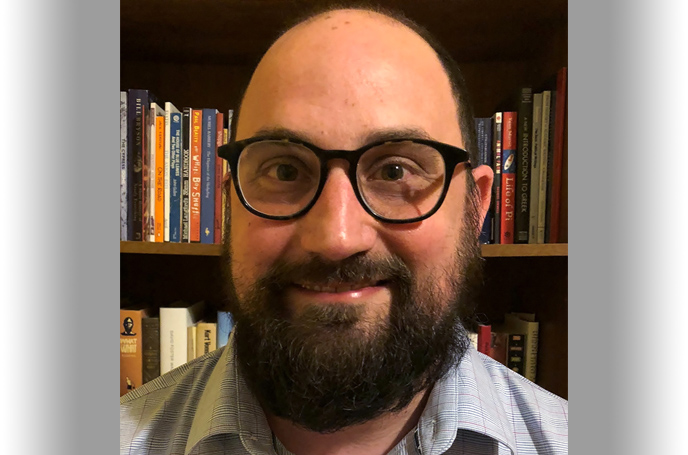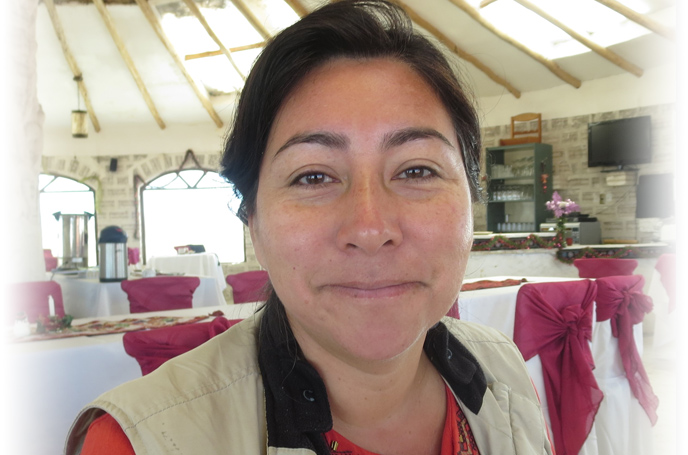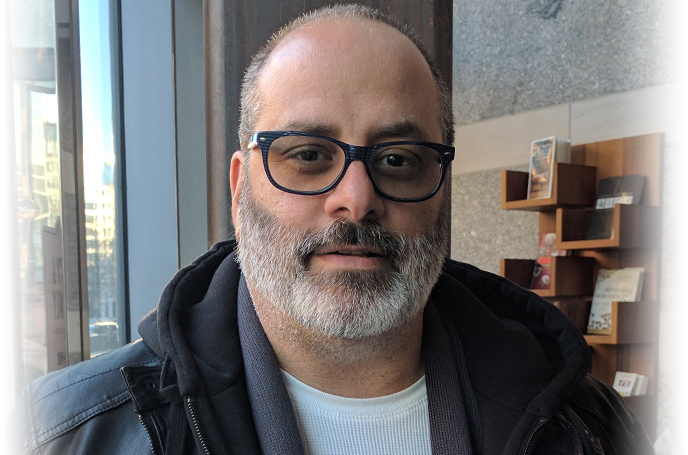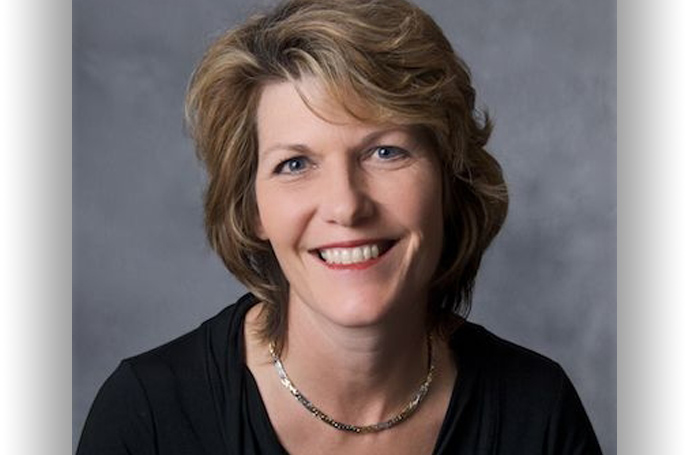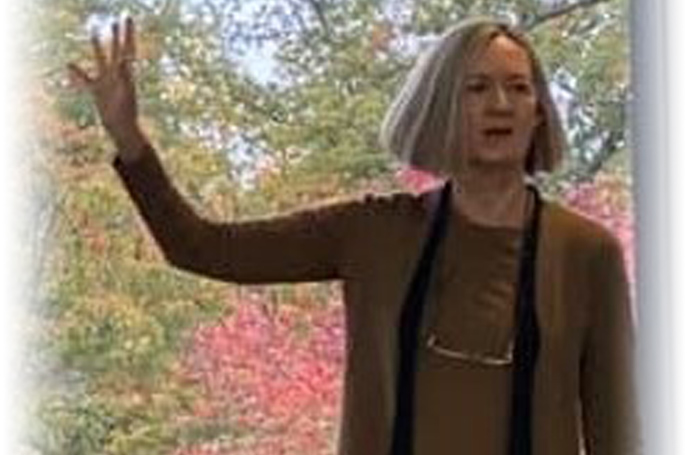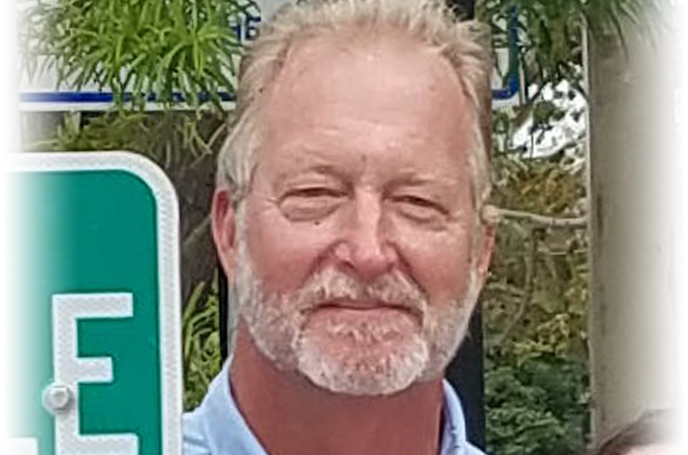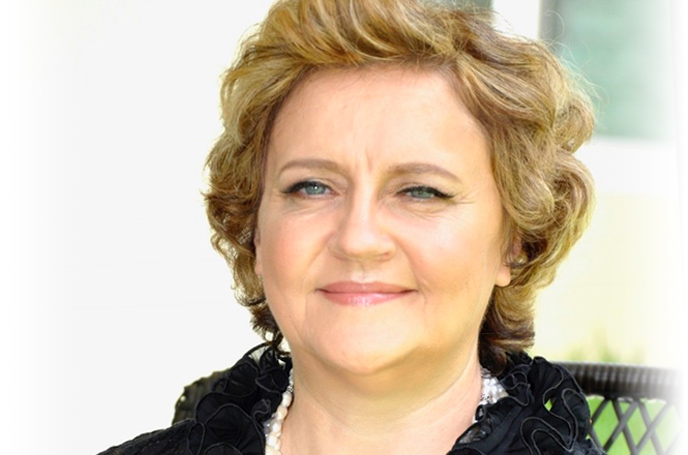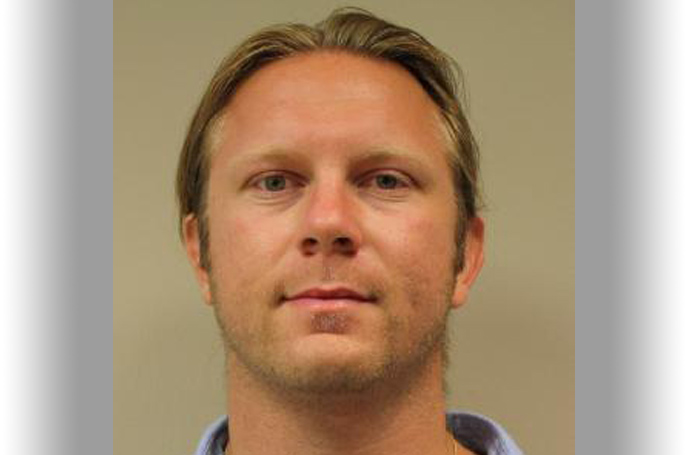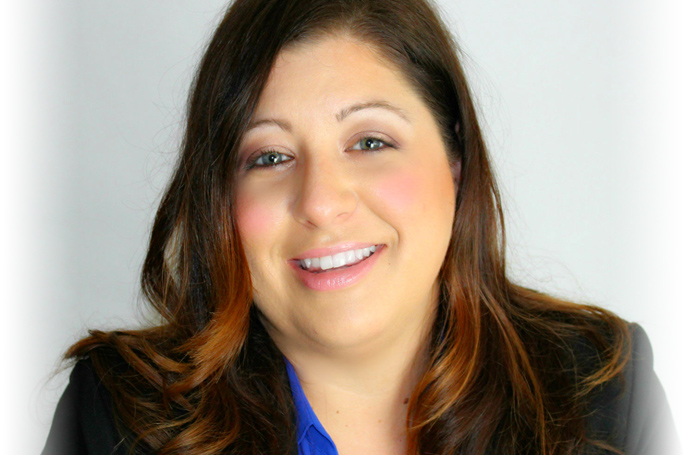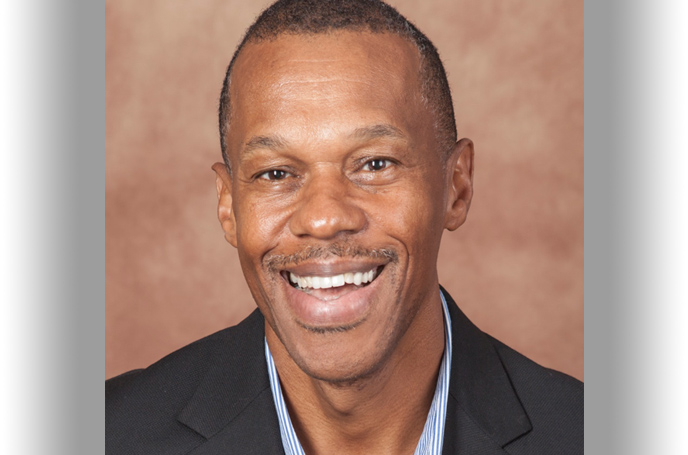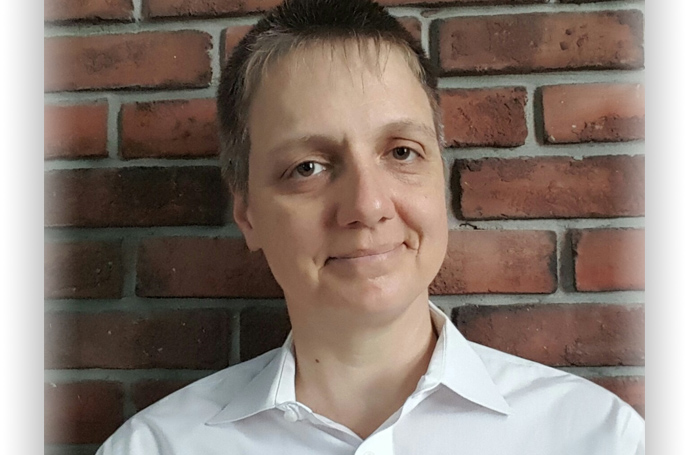UFF-UCF at the NEA RA 2019, Houston, Texas
The Representative Assembly of the National Educational Association in Houston, Texas 2019 is now behind us. In addition to the everyday work of supporting educators in this country, many state delegates brought incredibly important social justice issues to the floor as New Business Items (NBIs). The NEA is well organized and we learned a lot watching our NEA president, Lily Eskelsen García manage a delegation of approximately 8,700 individuals from all fifty states.
UFF-UCF cares about the issues affecting K-12 teachers because their students are our students. It matters to us that half of the NBIs presented on the floor face the challenges and struggles of our students. Our K-12 teachers are on the front lines of understanding social-cultural issues adversely affecting student learning, including opioid addicted parents, poverty, gang violence, and depression. Among the issues, our K-12 Florida delegates explained how charter schools hurt them, students, and ultimately, all of us.
In Florida, income inequality and poverty are pervasive. At least half of Florida’s public schools qualify for Title 1, the largest federally funded educational program that provides supplemental funds to school districts to assist with the highest student concentrations of poverty to meet educational goals. This percentage is likely skewed. The minimum federal requirements for receiving Title 1 is that 40 percent of the students must be in one of the special needs or poverty categories. But in Florida the need is so high that Florida state requires that 60 to 62 percent of the students must be in a special needs or a poverty category to qualify for the program.
Close to home, under promise of anonymity, a Florida educator said that a local middle school is at 58 percent, hoping it reaches 60 percent, so that the school can best address issues affecting student learning, such as malnourishment. This educator said, “it’s a weird thing to wish for but it’s the reality of the Florida education system.” They need federal aid because state funding has continuously declined since 2008.
Also, at the RA, ten presidential candidates came to share their positions and plans about education. As the largest labor union in the nation with 3 million members, we have power and are ready to face this election season with strength and determination!
Your 2019 NEA RA delegates from UCF are Jennifer Sandoval, Yovanna Pineda, Michael Armato, and Scott Launier.
* * *
Statistics and basic information about this year’s Florida participation by Florida Education Association Vice President, Andrew Spar:
At the #NEARA19, the gavel went down at 18:18 Central time on Sunday, July 7, 2019. We dealt with a record 160 New Business Items, the budget, resolutions, the legislative program and the mission and vision statement. We also heard from ten presidential candidates, the Educational Support Professional of the year, the Higher Ed Professional of the year and the Teacher of the year. The 227 Florida delegates were at the microphone for more than ever, three delegates successfully moved four NBI’s, we exceeded our PAC goal and did it in record time, and we had a blast at the first Florida Night in years. Thanks to our Florida Education Association (FEA) delegates. You represented Florida exceptionally! Next year is Atlanta! Let’s keep moving forward! #FundOurFutureFL

